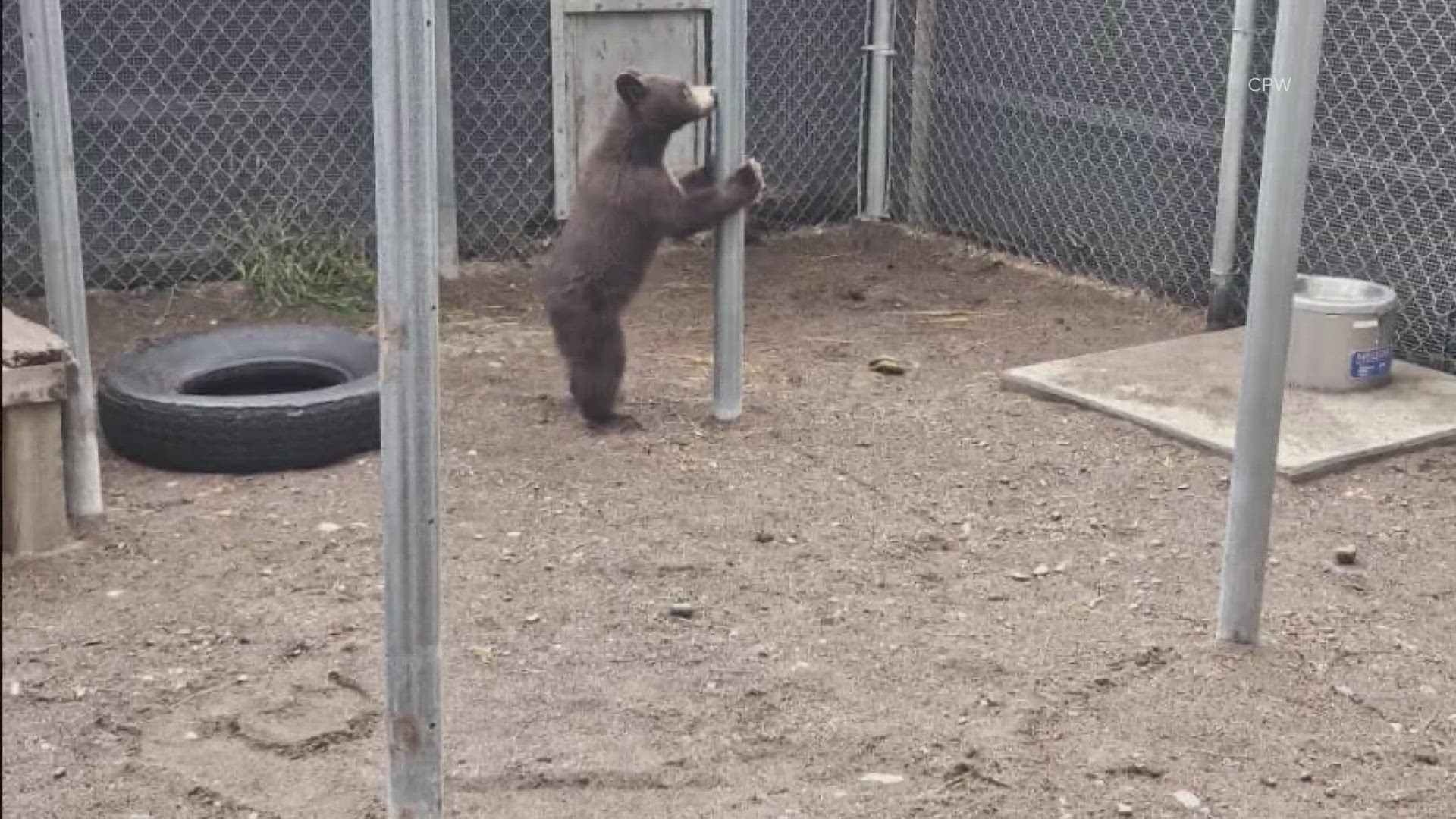There was a time when Tony English didn't have much to say about farming.
Now, he has designed a way to help grow nearly 900 pounds of food using not a green house, but shipping containers.
"What it is [is] a hydroponic system to grow vegetables in a controlled environment,” English said. “It's perfectly controlled so you can pick it and the peak of ripeness."
"We re-purposed or up-cycled it," he added. "Instead of it going to the landfill, we used it to grow vegetables."
Tony and his two partners started FarmBox Foods just six months ago.
"This is something I don't know anything about, we learned everything,” said Jake Savageau, English’s partner.
English said there are no bugs, no pesticides and they use much less water than traditional farming.
"We decided we didn't want to pollute or poison our planet anymore, and we wanted to do better things for it and not just for our lives but our children's children," English said. "There's going to be more people and less water. We need to take care of our resources now and use them wisely."
"We feel there's a big need for this because land is expensive and scarce,” Savageau added. “This is mobile so we can take it anywhere."
Each of the walls inside the container holds up to 300 pounds of food. The whole container is about 3 acres, which is a little more than two football fields.
"We can feed those in need, very simply, very cheap and with very little education and very little labor quite frankly,” English said. “All you have to do is take the plant ou,t and you're done."
They said they hope to market FarmBox to places like schools, grocery stores and restaurants. But until then, all the food in the prototype will go to local nonprofits like the Denver Rescue Mission.
They said they hope to eventually get government grants where they can send these containers to places like Africa or help local nonprofits crowd source so they can buy one and run it themselves.
"Anybody can use this, and anybody can run it, and it doesn't exclude anyone in the world, and you can run it anywhere in the world,” English said.
English said he is saving the planet.
"More importantly we're saving resources for our children and living well and not eating poison," he said.



